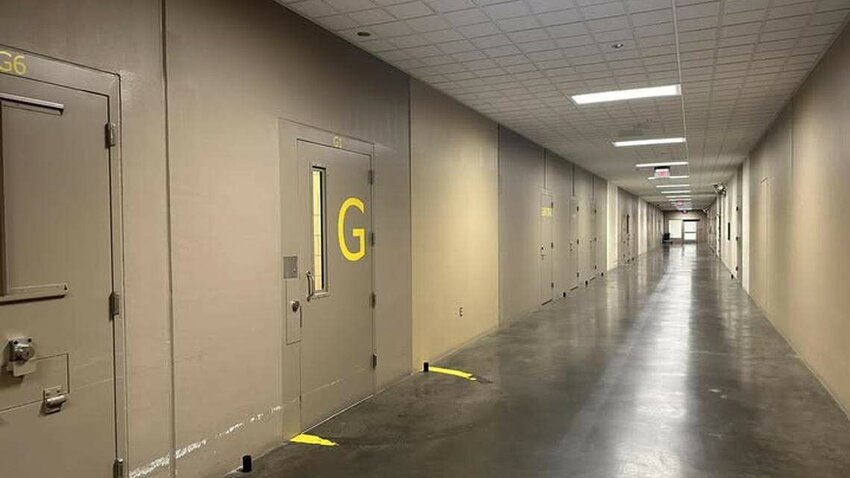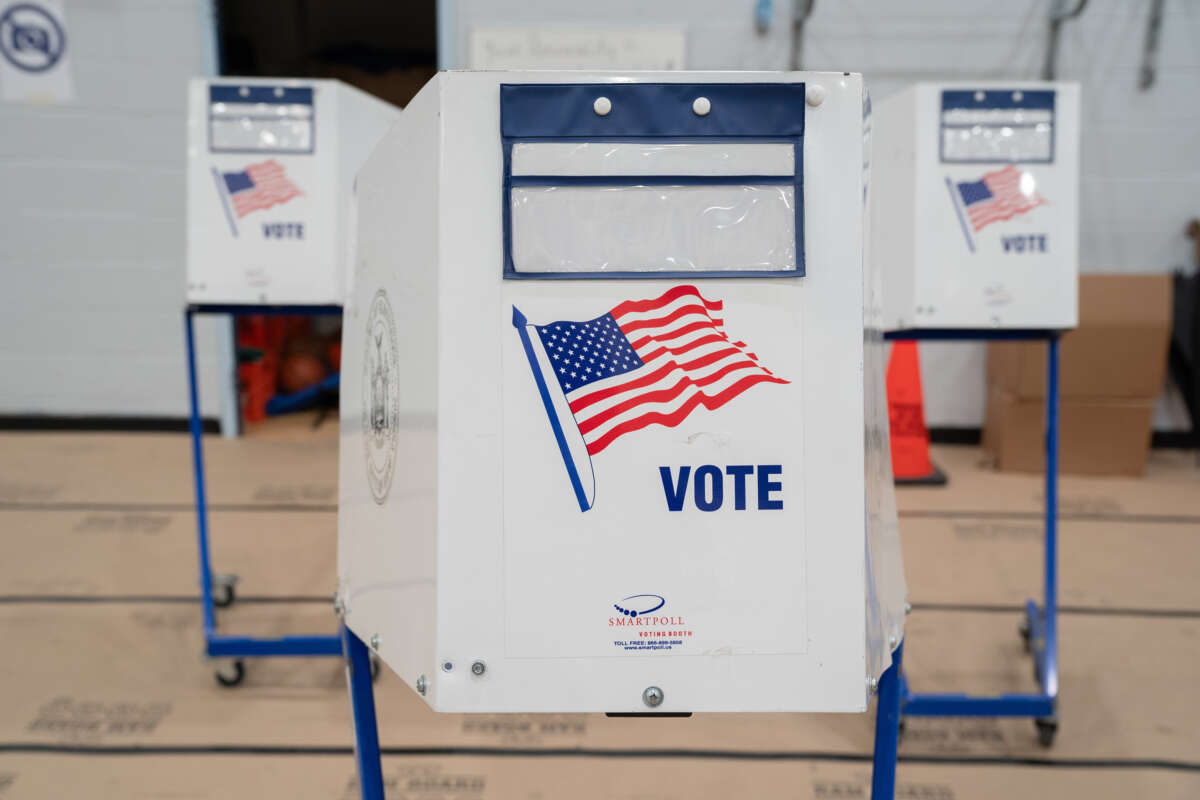
Washington state has agreed to pay $6 million to settle a wrongful death lawsuit following the death of Michael Sublett, a 64-year-old inmate at the Monroe Correctional Complex. Sublett died from liver cancer on November 20, 2023, after experiencing significant suffering due to delays in his cancer diagnosis and treatment. His daughter, Lauren Russell, filed the lawsuit, alleging that the Washington Department of Corrections (DOC) exhibited “inexcusable delays” and “dereliction of medical responsibility.”
Sublett’s ordeal began in May 2022 when he reported unexplained weight loss, abdominal pain, and fatigue. After visiting DOC medical staff, lab tests were conducted, and an ultrasound revealed a mass in his liver. A radiologist recommended a follow-up CT scan, but the DOC failed to act on this crucial recommendation or communicate it to Sublett.
In March 2023, after continued suffering, Sublett was seen by an outside doctor who ordered the CT scan, revealing that the mass had grown substantially from a small, treatable size to a large tumor measuring 12 centimeters. The delay in receiving appropriate medical care effectively eliminated any chance for life-saving treatment, according to the lawsuit.
Background and Legal Action
The lawsuit, which was settled in late August ahead of an anticipated October trial, highlights the systemic issues within Washington’s prison healthcare system. Russell decided to take legal action after reviewing her father’s medical records and noting similar cases of medical neglect reported in the media. “How many people have to die in pain that could live before they are going to do something about this?” she expressed, emphasizing her frustration with the lack of accountability.
In recent years, the state has faced several lawsuits related to inadequate medical care in its prisons. In 2024, the state paid a $9.9 million settlement to a woman whose cervical cancer became terminal due to insufficient medical attention. In 2022, a $3.75 million settlement was awarded to the family of another inmate who died after his cancer went untreated. A report from the Office of the Corrections Ombuds in 2021 detailed eleven cases of delayed cancer care, some of which resulted in fatalities.
Improvements in Health Care and Continuing Challenges
In response to these ongoing issues, Chris Wright, communications director for the DOC, stated that the agency has made significant strides in improving healthcare for incarcerated individuals. This includes the implementation of a comprehensive program focusing on preventive care. Regardless of their criminal offenses, incarcerated individuals have a constitutional right to adequate medical care, which the DOC aims to provide through its teams of doctors and nurses.
The fatality review conducted after Sublett’s death revealed critical gaps in the DOC’s protocols, particularly the absence of a standard process for reviewing test results from outside medical providers. The prison system’s reliance on paper records has also contributed to ongoing medical errors. To address these issues, the DOC received $11.9 million in the most recent legislative session to work towards establishing an electronic health records system.
In his written response to Sublett’s grievance, Mark Eliason, the DOC’s deputy assistant secretary for health services, acknowledged the delays in reviewing Sublett’s ultrasound findings and apologized for the oversight. He stated that appropriate actions have been taken to prevent similar occurrences in the future.
Russell, reflecting on her relationship with her father, described him as her best friend and someone with whom she shared her deepest thoughts. She hopes that the settlement will prompt further reforms in the prison healthcare system to prevent unnecessary suffering for other inmates.
As the state continues to grapple with the implications of medical negligence in its prison system, this case serves as a stark reminder of the urgent need for systemic improvements to ensure the health and safety of incarcerated individuals.







